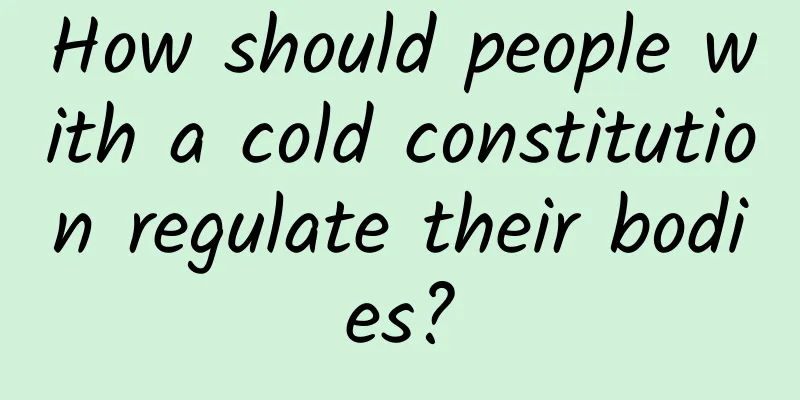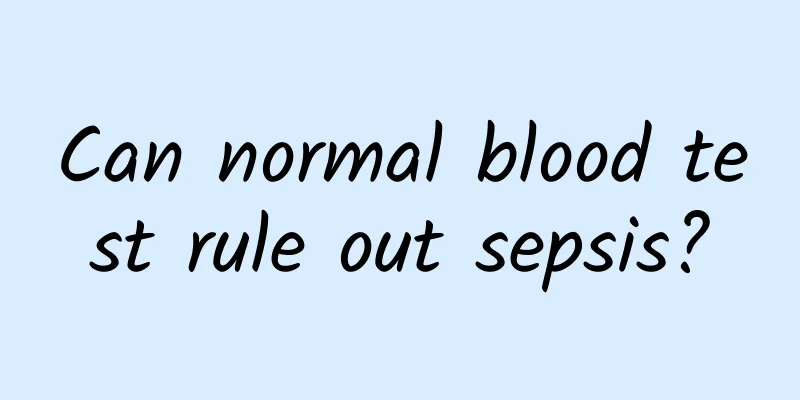Will chronic pharyngitis heal on its own?

|
The occurrence of chronic pharyngitis is related to many factors, such as climate, environment, allergies, occupation, etc. The biggest feature of this disease is its long course and the symptoms are prone to recurrence, making patients miserable. However, sometimes the symptoms of chronic pharyngitis are not very obvious, which makes it easy for patients to believe that chronic pharyngitis may heal itself. So, will chronic pharyngitis heal on its own? Let’s take a look below. The prognosis of chronic pharyngitis should be determined based on one's own subjective symptoms. Generally speaking, if the symptoms are not obvious and chronic pharyngitis is discovered through timely physical examination, the patient can recover on his own. However, if the symptoms worsen and there are obvious abnormalities in the pharyngeal examination, medication is still needed to relieve the symptoms. treat 1. Remove the cause Quit smoking and drinking, and actively treat the primary diseases that cause chronic pharyngitis (acute pharyngitis, chronic inflammation of the nose and nasopharynx, reflux gastroesophageal disease, and improve work and living environment). 2. Lifestyle changes Perform appropriate physical exercise, maintain a normal work and rest schedule, eat a light diet, and maintain a good mental state to improve the local functional state of the pharyngeal mucosa by enhancing one's overall immune function. 3. Local treatment (1) Chronic simple pharyngitis can be treated by gargling with compound borax, furazolidone solution, etc. to keep the mouth and pharynx clean; or taking iodine lozenges, mint lozenges, etc. to treat chronic pharyngitis; Chinese medicine preparations also have a certain effect on chronic pharyngitis; compound iodine glycerin, 5% silver nitrate solution or 10% weak protein silver solution can be applied to the pharynx topically, which has astringent and anti-inflammatory effects; ultrasonic nebulization can relieve the symptoms of chronic pharyngitis; antibiotic treatment is generally not required. (2) Chronic hypertrophic pharyngitis is more difficult to treat and can be treated with reference to chronic simple pharyngitis. In addition to the above methods, the raised lymph follicles on the posterior pharyngeal wall can also be treated with chemical drugs or electrocoagulation, freezing or laser therapy. Chemical drugs often use 20% silver nitrate or chromic acid solution to burn enlarged lymph follicles. Electrocoagulation is rarely used nowadays due to its many side effects. Laser or radiofrequency therapy is often used to treat the posterior pharyngeal wall lymph follicles. The above methods of treating lymph follicles may increase mucosal scarring and may aggravate symptoms. In addition, ultrasonic atomization therapy, local ultraviolet irradiation and diathermy therapy also have auxiliary effects on hypertrophic pharyngitis. (3) Atrophic and dry pharyngitis are generally treated the same as chronic simple pharyngitis, but cauterization should not be used. Small doses of iodine can be taken or applied topically to the throat to promote increased secretion of the mucosal epithelium; ultrasonic nebulization therapy can also relieve dryness symptoms. Taking vitamins A, B2, C, and E can promote the growth of pharyngeal mucosal epithelial tissue. For patients with dry pharyngitis, caution should be exercised when considering tonsillectomy to avoid worsening of the condition after surgery. (4) For chronic allergic pharyngitis, avoid contact with various possible allergens, use antihistamines or mast cell stabilizers, and apply glucocorticoids and immunomodulators locally or systemically for a short period of time. (5) For chronic reflux pharyngitis, avoid eating foods that promote gastric acid secretion, such as chocolate, spicy foods, etc. to reduce reflux in the throat and reduce irritation to the pharyngeal mucosa; control the amount of food and water intake 3 to 4 hours before bedtime. In addition to the general treatment of chronic pharyngitis, gastric acid inhibitors and gastric mucosal protectants can be used in combination for treatment, while gastric diseases can be actively treated at the same time. |
<<: Chronic gastritis black stool
>>: Quick treatment for mouth sores
Recommend
Symptoms of excessive stomach acid, early treatment
Gastric acid helps us digest food. If there is to...
Is scraping effective in removing internal heat?
In daily life, there are many methods of traditio...
Is Huaqingdan a regular medicine?
Many female friends will have gynecological disea...
What are the vegetable juices that lower blood sugar?
Vegetable juice has relatively good nutritional e...
What should I do if it itches down there?
It is quite common for women to experience advers...
What are the symptoms of concussion?
After a blow to the head, you will feel a tempora...
Things to note after needle rolling
If you want your skin to become smooth and delica...
What should I do if there is a lot of nasal mucus in my nose after catching a cold?
Cold is a very common disease. Its symptoms gener...
TCM treatment of renal cysts
The kidney is an important part of our body. The ...
What are the medicinal values of golden buckwheat
With the development of history, Chinese medicine...
What are the white spots in the newborn's mouth?
After a newborn baby is born, he or she cannot ad...
Chinese herbal bath recipe
Medicinal bath refers to a fitness method in whic...
Learn about the symptoms and treatment of night sweats
Night sweats are a disease in traditional Chinese...
The efficacy, function and edible method of Zanthoxylum bungeanum leaves
Peppercorn is a common condiment in our daily lif...
What is the best food for constipation?
In today's society, with the change of living...









